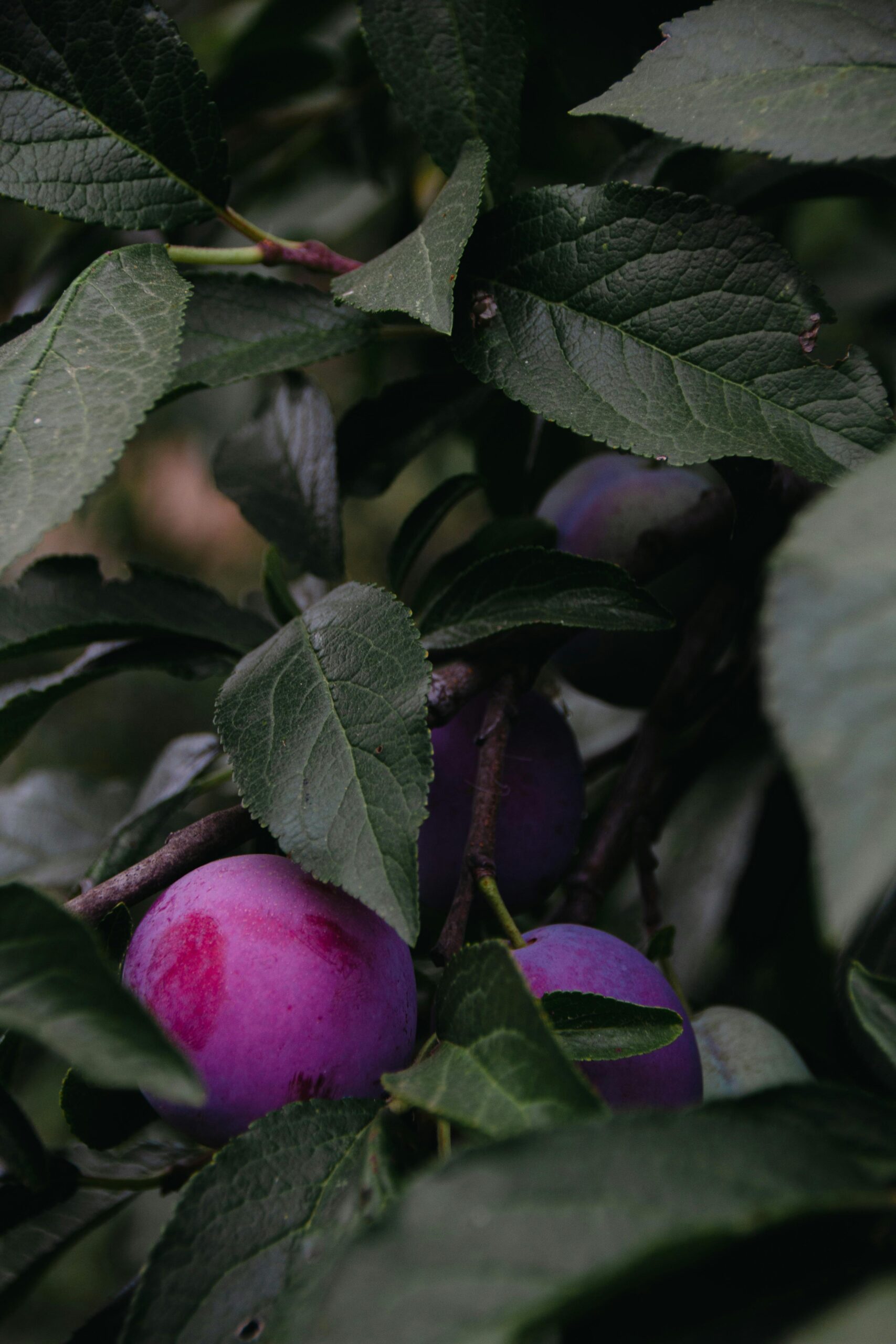By MARIA JOSEP ESCRIVÀ
Translated by PETER BUSH
Who
Who has ever felt the shock of a brook
being sucked dry by the warm earth?
Who has ever felt the shock of the last
house falling apart in the mountains, mineral
corpse, stone by stone, bone by bone
of each man banished?
Who has ever felt the shock of the sky
at the crimson hour when a swallow
like a kite fleetingly swoops to drink
from the brook, that is no longer there?
And who else, with their own shock, can travel that way?
Veil of Glass
murky is the belly of the creek
where our existence drowns
—Jordi Solà Coll
On the quiet water of a creek,
inverted illusion—where is the water?,
where is the sky?—an airplane’s path
is traced. Remote and so real
a wonder to our eyes. Until,
like a veil of glass, mist lodges
in the valley, and in the pit of our stomachs
the turmoil of twilight engulfs us.
We follow the course of the river that still
flies over us, shrouded in darkness,
sharing silently the certainty
of the farewell that wounds and binds
and justifies us, always, on our path.
La Drova, Barx, la Safor
December 2015
Genealogical Tree
from the earth where memories are marooned
Smell of snail’s flesh, bodies of animals: all summer, from creeks to dikes. From leeches hooked on legs. From leeches and phosphorescent kingfishers. From wrinkled heels like cracked dikes. From dikes and silt, from hen shit. From yellow lilies and water rats. From a canebrake’s ancient roots. From pools, whirlpools and streams. From the bleeding mallard plummeting. From the feared swamp sawgrass that bloodies them. I am made of all that they were. And of the black earth where I will plunge seeking the truth.
To my father and mother
March 2019
Octopus
Little remains.
We were very near.
Nothing remains.
—Fran García
Group of individuals
who inhabit the depths of the sea
hanging
in the substrata
or slipping along the surface.
Benthic species, by name.
With two big eyes giving them
excellent vision
changing shape and texture
all dependent on what luck brings
Why speak of octopus if I want to speak of the shipwrecked?
Men and women who float in the sea
like colored buoys
In one year, two thousand six hundred buoys:
the same number as inhabitants of my village
There’s no shore to bring them close, deep
shadows dreaming of another promised
land and cursing.
The Moment Soon
There are no paths on the asphalt. Only
a longing for wings. Destiny or planet
of soap, fading pupils speculating
on foolish things: our evanescent lives.
On the graves of those who precede us,
the old stock. Dying means—wrote
Kushner—to be everyone’s contemporary, save the living.
Meanwhile, let’s be silent. Let speech depart us,
for being undevoted. For beyond all else,
only the dignity of trees remains intact.
There are no paths of light. All is deceit.
A glass wall imprisons us.|
But let’s watch out, in case love, in case an idea…
For the tepid moment when shadows coalesce.
In case we grow wings, like the horses
of the gods and, like gods, we dare to fly.
Mirror in the Mirror
After Arvo Pärt
Balanced
on their wire, doves.
Deception and certainty.
Lament, conscience.
Alfalfa reaped at twilight.
Open gash in the sky.
Scream, salt of words.
The before, the abyss. All
and nothing balanced.
Nausea and peace.
Bees
And I asked myself, where does death begin?
—Mercè Rodoreda
The verge crumbling in dead of night.
The frost
burning shoots on almond trees.
The first name that’s forgotten. And all
the oblivion that ensues.
The comet trapped between branches.
The disconsolate
child.
The bitter honey
who can say which sick flowers
the bees sucked.
The last leaf of the elm
eaten by disease.
The orange trees
strangled by weeds.
The slow lucidity
of disillusion.
The empty house, the abandoned
garden.
even
the crows
have flown.
only
the fountain
spurts
in the shade
as ever: pure
presence
of no one
sine die, 7
Miramar, La Safor, March-May
Termites that devour
beams, that devour us
like beams
and the embrace
given with bare
bones.
There are so many ways to die.
For Oreto Doménech Masià
23 April–5 June 2020
Revised July 2022
Plumtree, After the Rain.
Breeze flickers red between branches.
Merciful
has brought light
into my house.
Miramar, April 2022
Maria Josep Escrivà is a poet, fiction writer, and cultural activist. She has published six collections of poems. The first, Breath of Sound, received the Senyoriu d’Ausiàs March Prize in Beniarjó. Serene Vessel won the Valencia Writers’ Critics’ Award in 2017, and It’s Always Late won the Miquel de Palol Prize in 2020.
Peter Bush‘s most recent translations from Catalan are The Pink Plastic Glove by Dolors Miquel and Wenling’s by Gemma Ruiz Palà. His translation of Balzac’s The Lily in the Valley has just been published by the New York Review of Books. He is a former director of the British Center for Literary Translation.




